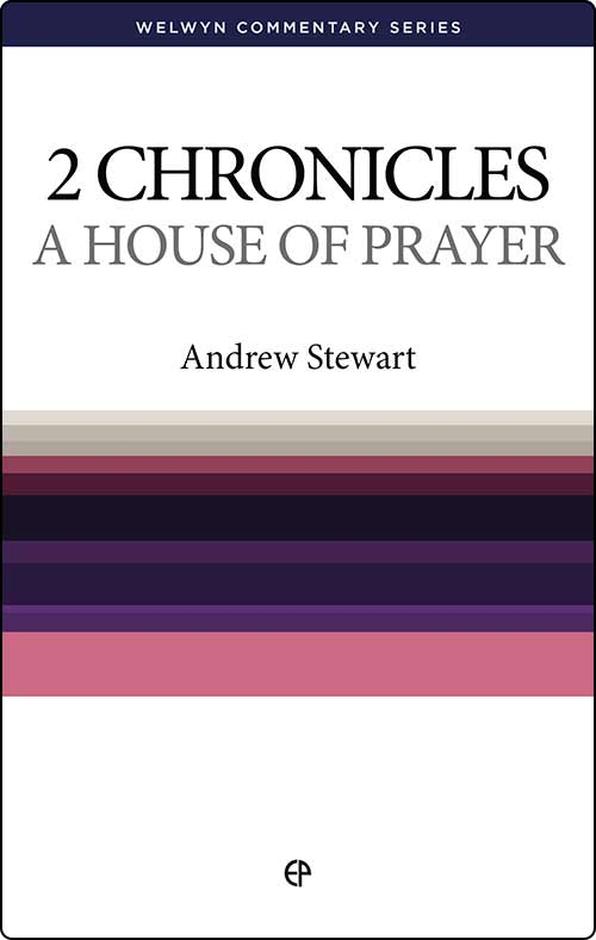
Originally written as one book, 1 and 2 Chronicles, between them, summarize not only the history of God's people from the creation of the world until the edict of Cyrus in 538 B.C., but God's revelation of himself through the Old Testament. Central to both sections of Chronicles are the themes of the temple and the kingdom.
2 Chronicles takes up the narrative with the reign of Solomon, the most glorious period in the whole history of Israel, and focuses especially on the construction and dedication of the temple as the place where God was to be worshiped in the way he had appointed. Following the division of the kingdom, the Chronicler concentrates almost exclusively on the history of Judah and the godly remnant who remained loyal to the line of David and to the worship of the temple. The book ends on a note of promise as the first exiles prepare to return to the land and rebuild the temple after the seventy years of captivity in Babylon.
Throughout we see that, even though God's people may repudiate his covenant with them, God himself remains faithful to his covenant promises. Above all, we are pointed forward to Christ, in whom the promises both of the Messianic King and of the temple find their ultimate fulfillment.
2 Chronicles takes up the narrative with the reign of Solomon, the most glorious period in the whole history of Israel, and focuses especially on the construction and dedication of the temple as the place where God was to be worshiped in the way he had appointed. Following the division of the kingdom, the Chronicler concentrates almost exclusively on the history of Judah and the godly remnant who remained loyal to the line of David and to the worship of the temple. The book ends on a note of promise as the first exiles prepare to return to the land and rebuild the temple after the seventy years of captivity in Babylon.
Throughout we see that, even though God's people may repudiate his covenant with them, God himself remains faithful to his covenant promises. Above all, we are pointed forward to Christ, in whom the promises both of the Messianic King and of the temple find their ultimate fulfillment.



